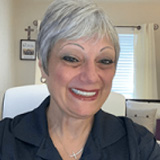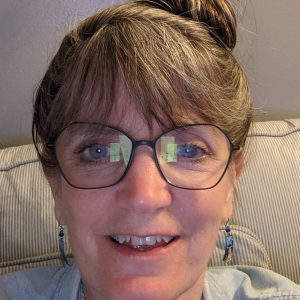Welcome Back
If you are a Program Participant, Program Facilitator, or JustFaith Network Member you are in the right place! Log in to see all your content.
Forgot your password?What our program participants are saying

Everyone shared how much EngagingSpirituality has touched their lives. We all agreed that we can't stop here - that this is not just another program or retreat that we attended. We want to keep open our prayer space and grow in our relationship with God and we also want to be disturbed, to live a gospel life.

This new collaboration between Catholic Relief Services and JustFaith Ministries, provides the opportunity for all of us to engage in a movement of prayer and action for global change. A meaningful action that can have and international impact on some of the most vulnerable communities around the world, offering a concrete response to Pope Francis’ invitation to grow in fraternal love, and a community life that is grounded in service.

Our Faith and Racial Equity virtual program (via Zoom) with 12 of us (including co-facilitators) exceeded by expectations! In addition to co-facilitators, 1 group member handled the "tech" transitions - what a blessing! This was a serious commitment for 9 weeks! My co-facilitators ordered materials, emailed group members and set up our weekly planning sessions. My role in sharing presentation duties was infinitely easier because of the detailed script and videos provided. The emphasis on Scripture and the guidance of the Holy Spirit increased our abilities to speak our truth and maintain hope dealing with the monumental task of acknowledging white privilege and the pain of racism.
